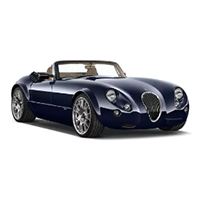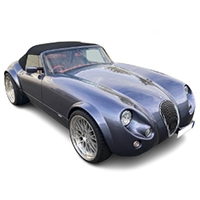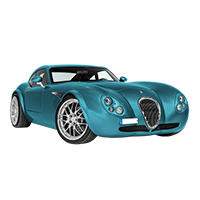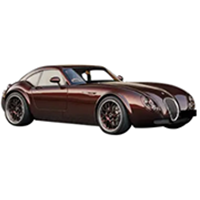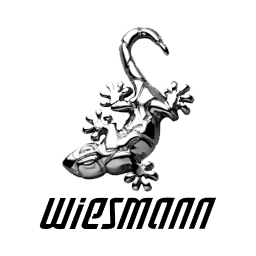
Catalog / Wiesmann
Wiesmann: German Luxury Meets Retro-Modern Design
Wiesmann GmbH, a German luxury sports car manufacturer, was founded in 1988 by brothers Martin and Friedhelm Wiesmann in Dülmen, Germany. The company quickly gained recognition for its unique blend of classic design aesthetics and modern engineering, creating a niche in the high-end automotive market.
Wiesmann's journey began with the production of hardtops for convertibles, but the brothers' passion for sports cars led them to create their own vehicles. In 1993, they unveiled their first model, the Wiesmann MF3, a roadster that combined retro styling with BMW mechanics. This marked the beginning of a long-standing partnership with BMW, which would supply engines and transmissions for future Wiesmann models.
The company's philosophy of handcrafting each vehicle to the highest standards of quality and performance quickly earned them a devoted following among automotive enthusiasts. Wiesmann's signature design element, the gecko logo, became synonymous with exclusivity and craftsmanship in the automotive world.
Throughout the late 1990s and 2000s, Wiesmann expanded its model range, introducing vehicles like the GT MF4 and GT MF5, which further cemented the brand's reputation for combining powerful performance with distinctive, retro-inspired designs. These models featured increasingly powerful BMW M engines, offering exhilarating performance to match their striking looks.
In 2013, Wiesmann faced financial difficulties and entered insolvency proceedings, leading to a temporary halt in production. However, the brand's strong identity and loyal customer base attracted new investors. In 2016, Wiesmann was acquired by a British-Indian consortium, breathing new life into the iconic German marque.
The revived Wiesmann brand announced its comeback in 2020 with the Project Gecko, later named the Project Thunderball, showcasing the company's adaptation to modern trends with its first all-electric sports car. This move demonstrated Wiesmann's commitment to combining its heritage of handcrafted luxury with cutting-edge technology.
Today, Wiesmann continues to produce a limited number of high-end sports cars, maintaining its reputation for exclusivity and bespoke craftsmanship. Each Wiesmann vehicle is still hand-built to order, allowing for extensive customization and ensuring that no two cars are exactly alike. This dedication to individuality and quality keeps Wiesmann in a unique position within the luxury sports car market, appealing to collectors and enthusiasts who value both performance and distinctive design.

